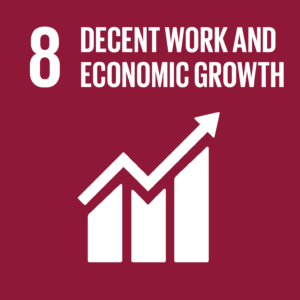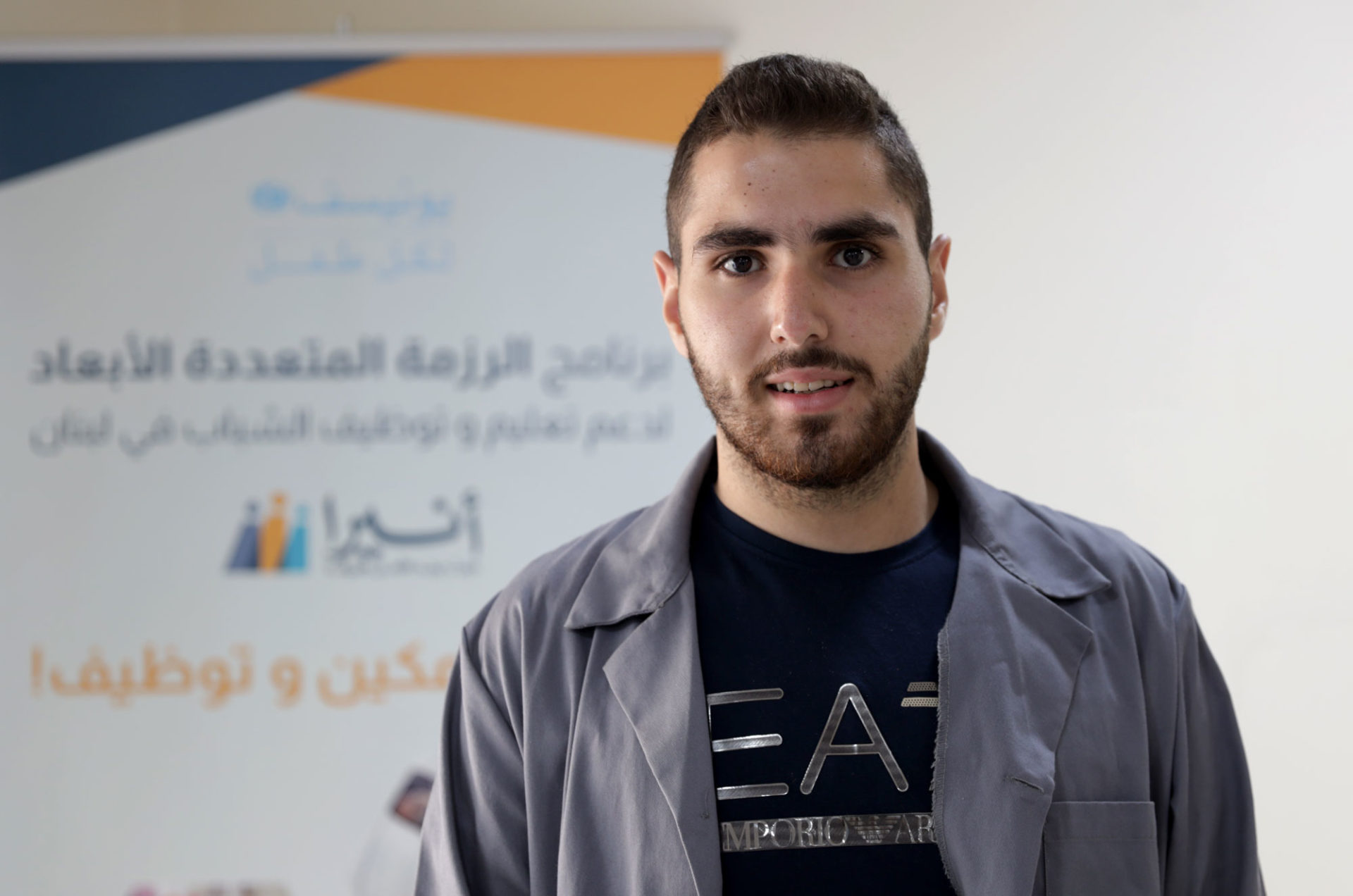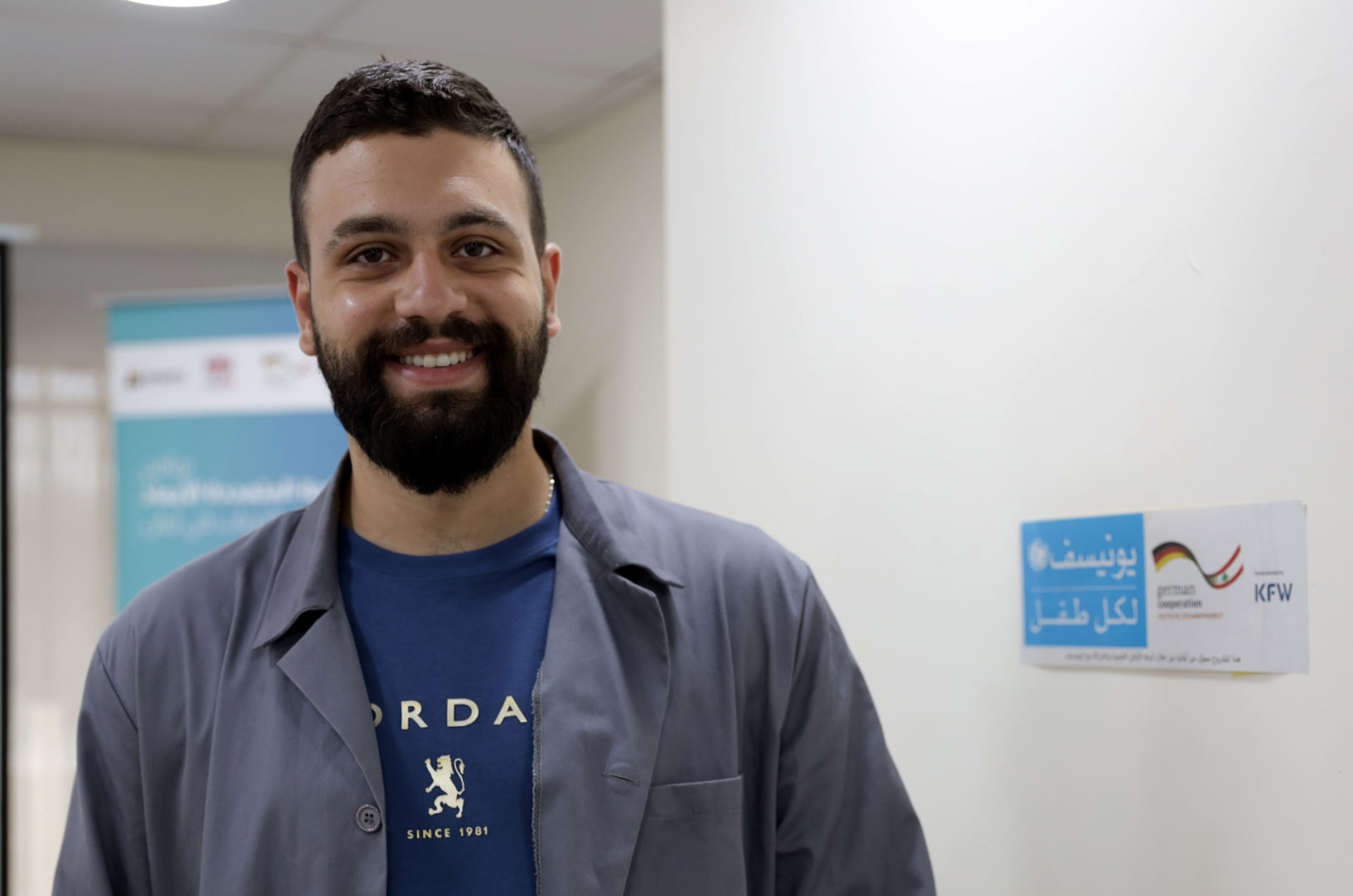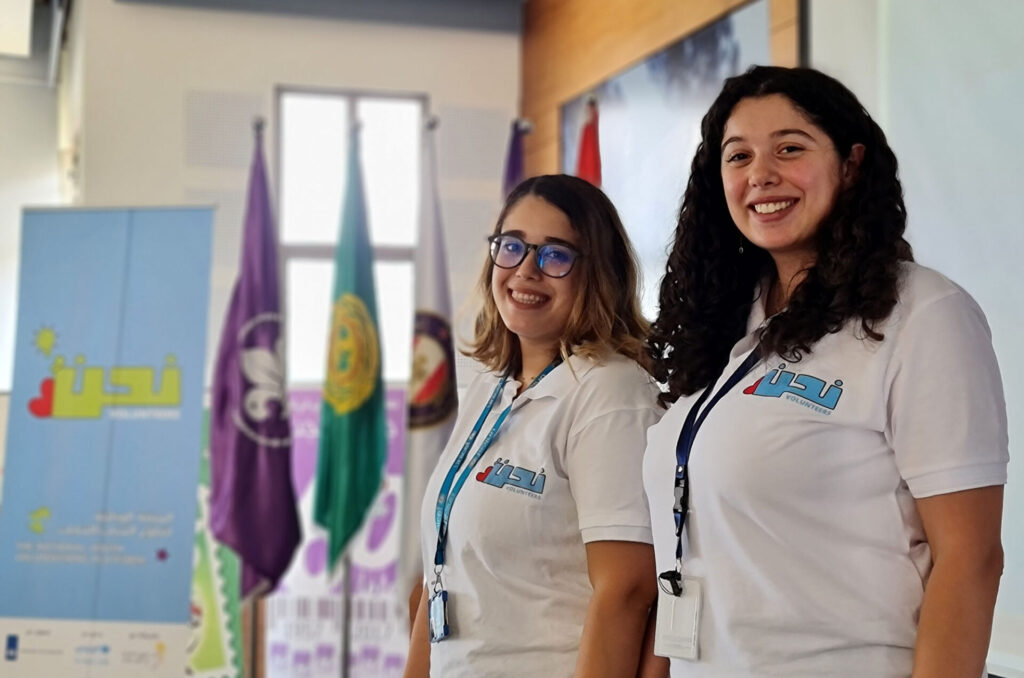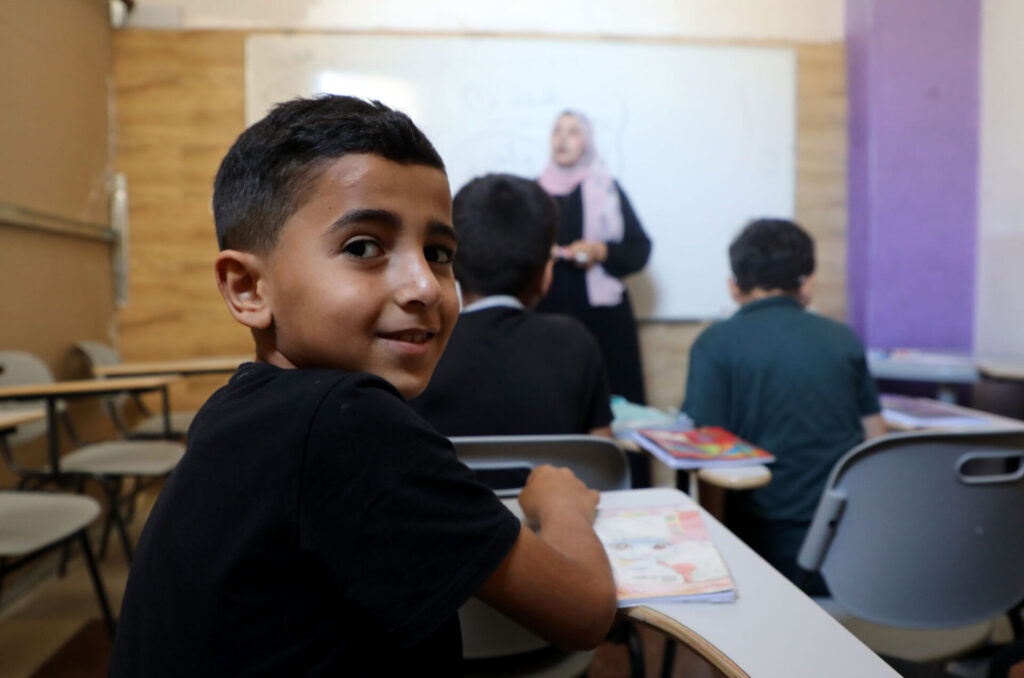Oct, 2022
With the support of UNICEF, funded by Germany through the German Development Bank KfW, Anera's education course prepares young men and women in biomedical electrical maintenance, a skill in high demand for Lebanon’s hospitals.
When the pandemic hit, Lebanon was already confronting an economic crisis that severely limited the Lebanese and refugee populations’ access to most services. Many people lost their jobs. Hospitals struggled to retain staff and maintain supplies of medicines and medical equipment.
What is biomedical electrical maintenance?
Hospitals rely on a range of professionals beyond healthcare workers to function, including the technicians that keep the medical equipment running.
Biomedical equipment technicians repair medical equipment used in hospitals and other healthcare facilities. This equipment includes X-ray machines, CT scanners, defibrillators, patient monitors, electric wheelchairs and other critical and life saving devices.
Amid the crisis, students and trainees studying to become biomedical equipment technicians did not have access to real equipment or practical training.
Our latest Youth Empowerment, Education & Employability (E3) program course is for aspiring biomedical electrical maintenance technicians. Anera’s program is supported by UNICEF, with funding from Germany through the German Development Bank KfW.
![]()
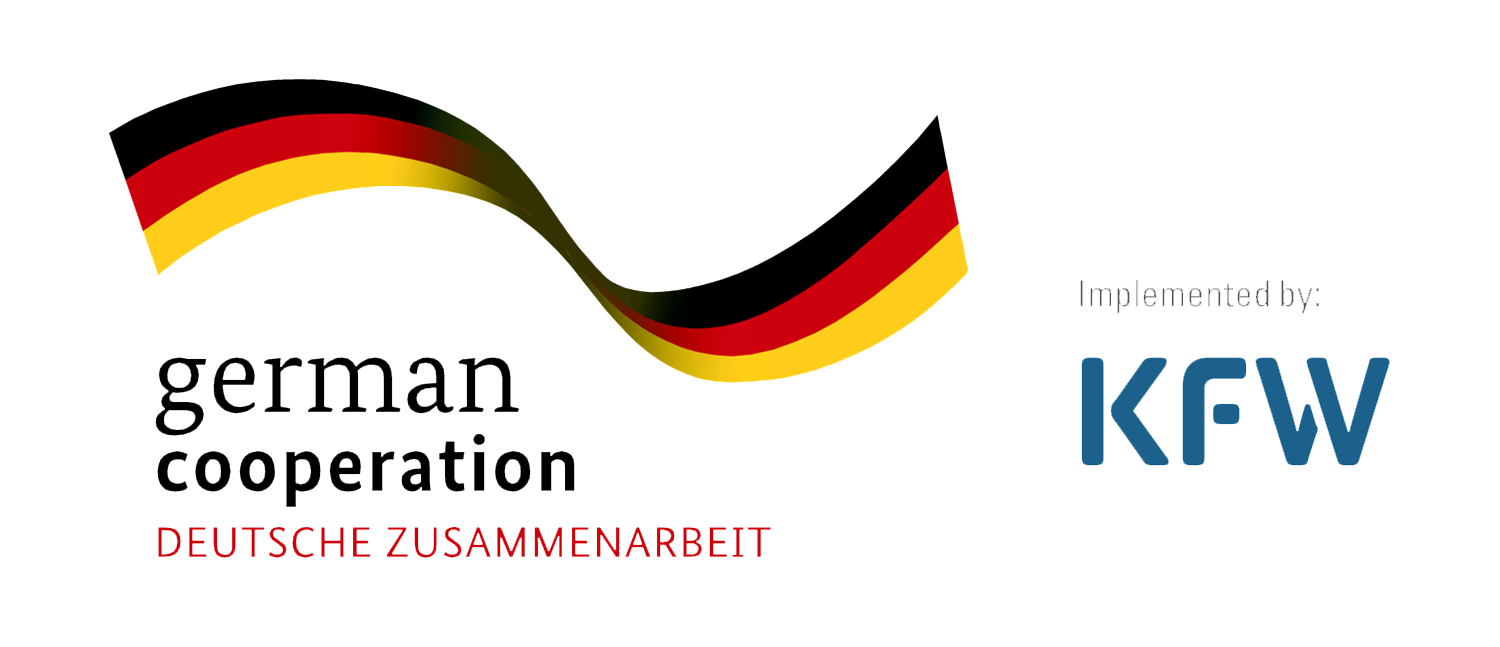
“With the pandemic we were not able to learn in the field and do proper internships because the workshops had closed down and hospitals were full with COVID-19 patients,” says Rasha, a biomedical engineering graduate who took part in Anera’s new biomedical electrical maintenance course. Anera organized the class to give space and opportunity for young technicians to put their knowledge to real practice and empower them to take an essential role in the response.




“With the pandemic we were not able to learn in the field and do proper internships..."
“This unique course responds to a needs assessment we conducted with several private sector institutions in the Bekaa Valley. For example, the Chtoura Hospital expressed their need for an in-house biomedical and electrical maintenance team,” explains Anera’s Bekaa area manager Mahmoud Abdallah. "They provide the job opportunities and we provide the trained technicians they need.”


"They provide the job opportunities and we provide the trained technicians they need.”
Unlike many of Anera’s vocational training programs, this course does not specifically target vulnerable students who were forced to drop out of school at an early age. Rather, this technical training is designed to help youths with biomedical engineering backgrounds and others holding certificates in electrical maintenance who a) have become economically vulnerable, b) whose families have little source of income and c) couldn't find work due to COVID-19 shutdowns and the country’s economic crisis.
The trainees are currently completing the practical aspect of their course at the renowned Chtoura Hospital in the Bekaa Valley.
Besides training much-needed technicians, Anera's UNICEF-supported course also encourages youth to remain in the country to find work and a future. Lebanon has been suffering a brain drain since the start of the country’s economic crisis that was exacerbated by the devastating 2020 port blast in Beirut and the COVID-19 pandemic.
The Beirut-based research center Information International has released a report showing the number of Lebanese leaving the country jumped from 17,721 in 2020 to 79,134 in 2021. The report underscores that the rate of emigration is the highest in five years. During the first six months of 2020, over 200 nurses submitted requests to leave the country. There are no numbers on how many biomedical equipment technicians have left Lebanon so far, but anecdotal information shows that many potential biomedical technology experts are seeking work outside the country.
Anera’s hope and expectation is that accelerated certification courses like the hospital technician class will address both career development goals of Lebanon’s youth and the market demand for skilled labor.
Tamara Toufic Hashem is confident it will. She is a biomedical engineer and trainer at Chtoura Hospital.
“Biomedical maintenance involves electrical and mechanical maintenance. These fields are very important for hospitals and other essential industries like water management and food production.”
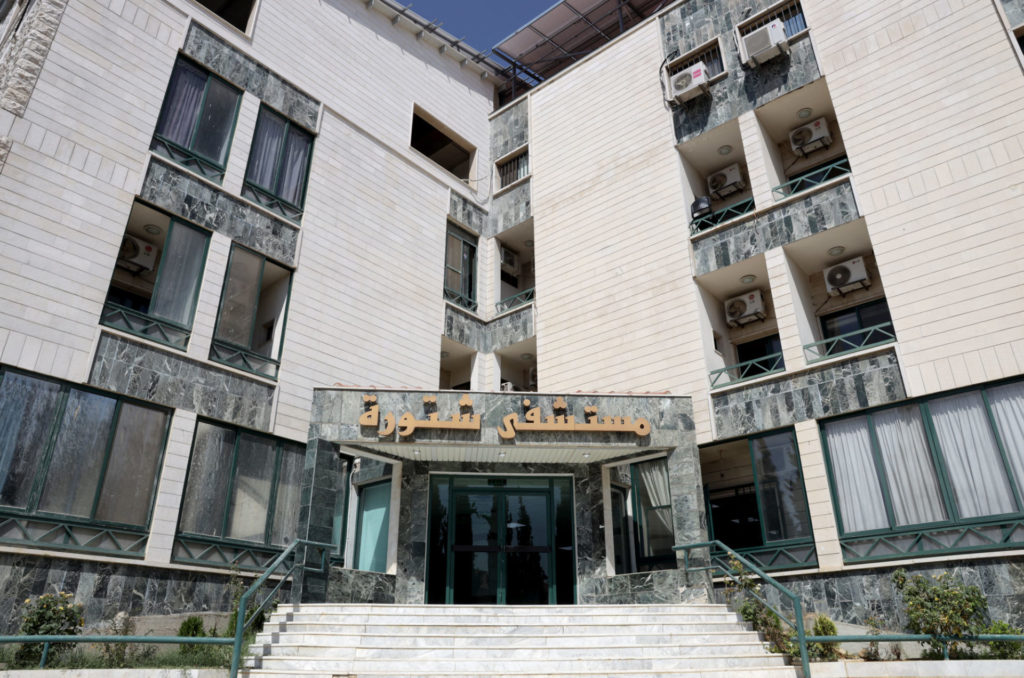

Lebanon is struggling to build a forward-looking, progress-oriented economy. Our role as development practitioners is to help create opportunities for Lebanon's youth and to provide the tools they need to build a better future for themselves and their country.

